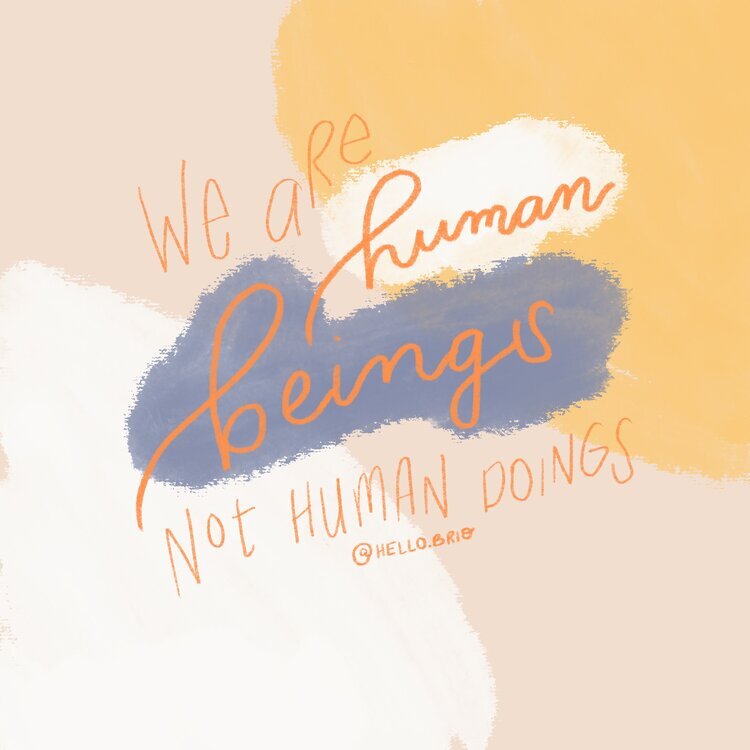Daily Journaling Inspires Creativity
It’s no secret that writing in a journal every day can make you feel awesome. There's tons of opportunities for searching, learning, and gaining clarity. Or simply keeping a record of your life. Look. I know most of you are in your 30’s or older. You think keeping a diary is strange. It’s a waste of time. It seems self-important. But it's way bigger than that.
Journaling: what's the point?
The point of journaling is to spend time pouring out your thoughts. You can do this on real paper or on a computer. You are recording your stream-of-consciousness. You’re not editing yourself and you’re sharing everything that comes across your mind. Your journal is for your consumption only.
The contents can be whatever you want: a chronicle of what’s been going on in your life, something that’s bothering you, or a dream you had.
Growing up, my journals looked like a food diary. “Today we went to see my aunt for lunch. We had pizza. Later we went to dinner and we had spaghetti.” Later in middle school and high school, my journals started to resemble something out of 90210. Drama on drama.
Now, the contents of my journal vary depending on what’s happening in my life. It took a bit to get into the habit, but there were lots of life coaches, creative motivators, and others talking about daily journaling. Lisa’s post about Morning Pages really got me wanting to journal consistently again, and hearing about Hal Elrod’s Miracle Morning cemented my idea that there was really something to this journaling habit thing. Now, journaling is something I practice every single morning.
Aim to hit 500 words per day. This sounds like a lot, but I promise you it’s not. Getting started is the hardest part, but once you hit a few 500-word days, you can feel something inside your brain unlocking and suddenly the words start coming easier and easier.
Pin for later
Daily journaling inspires clarity, focus, and creativity
By recording your stream of consciousness daily, you’re going to watch a lot of things unfold in front of your eyes.
You will end up solving a lot of your own problems by working it through on paper.
You’re going to end up feeling more clarity on things you have been ruminating over.
You’re going to free up your mind by getting things out. Your focus will be stronger on other tasks because you don’t have as many thoughts floating around your head.
If you journal daily without holding anything back, you’re going to tap into a level of honesty that may shock you. When done correctly, journaling can feel like therapy.
Think about how you feel when you explain a problem you’re having to a friend. More often than not, you end up solving your own problem simply by saying it out loud.
Journaling can have the same effect. Once you externalize your emotions and thoughts, they become more real and concrete. You are forced to look at yourself in a new way. Suddenly, you may be able to see how ridiculous you’re being, or how uncool someone else is being. The level of self-awareness is intense.
How to incorporate daily journaling into your schedule
The burden of writing 500 words per day seems small when compared to the benefits: higher levels of focus, more self-awareness, more clarity.
If you buy into the journaling thing, give it a shot. Just choose a way to do it, whether you handwrite 3 pages or write daily on an app (I use Day One). Find a time that works for you where you can write uninterrupted.
Once you get into the flow of it, you may be able to write 500 words in 15 minutes or less. It gets easier each time you hit your 500 word goal.
You may have a few false starts or skipped days, but don’t let that throw you off course. Any progress is good progress. At the time of writing this, I’m 180 days in with a few days skipped here and there. That’s almost every day since late December 2014!
By making it part of your morning routine or keeping track of your progress on an accountability calendar you’ll be on your way to daily journaling in no time.
What consistent journaling can lead to
By writing at least 500 words a day, you’re helping create an amazing writing habit that has so many benefits.
Daily journaling tapped into a new level of creativity and expression for me that I never thought possible. Honestly, I didn’t consider myself a writer before I started journaling consistently. By teaching my body and brain to write every day, I’ve made a habit that allowed me to write a 22,000-word book in under one week. It’s strange how daily journaling built my confidence for writing so quickly.
Journaling can lead to a lot – whether it’s your next big idea or peace and clarity about your life.
How do you incorporate journaling into your life, or why would you like to start?
Cover photo by Prophsee Journals











